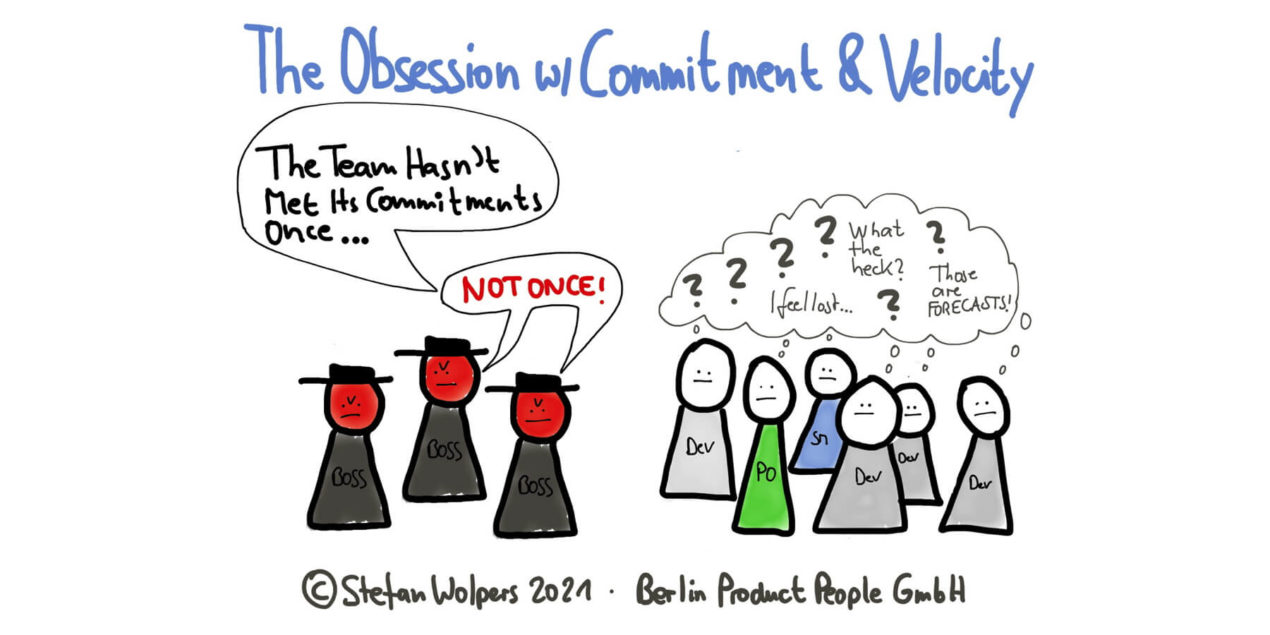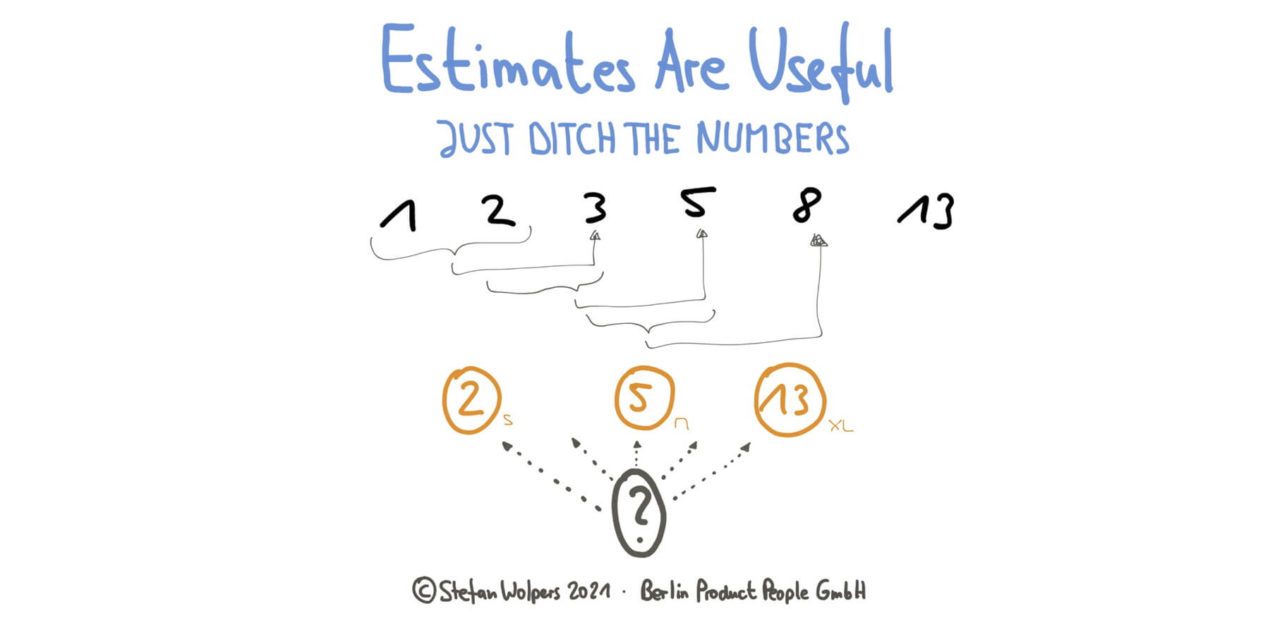TL; DR: The Obsession with Commitment Matching Velocity
Despite decades-long efforts of the whole agile community—books, blogs, conferences, webinars, videos, meetups; you name it—we are still confronted in many supposedly agile organizations with output-metric driven reporting systems. At the heart of these reporting systems, stuck in the industrial age when the management believed it needed to protect the organization from slacking workers, there is typically a performance metric: velocity.
In the hands of an experienced team, velocity might be useful a team-internal metric. But, when combined with some managers’ wrong interpretation of commitment, it becomes a tool of oppression. So when did it all go so wrong?


